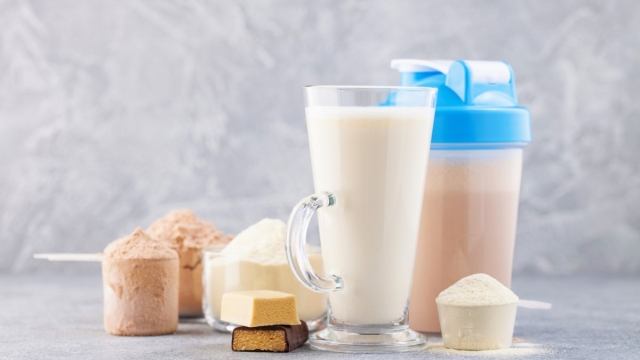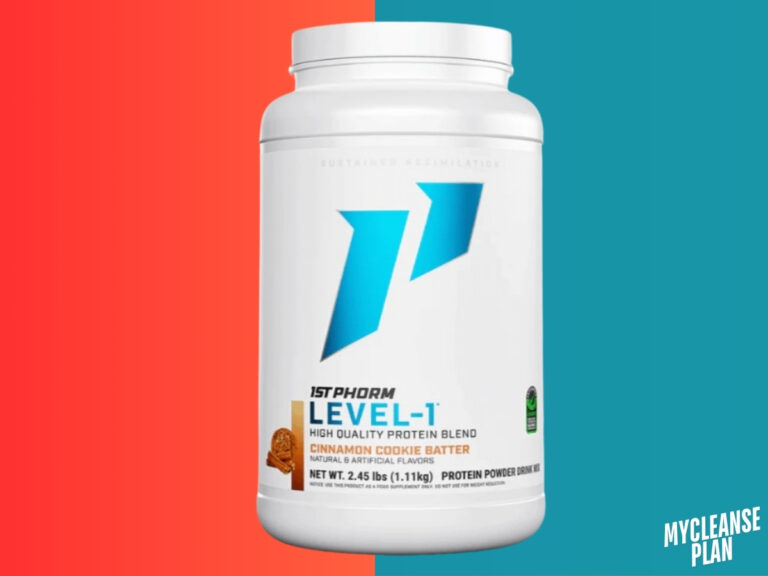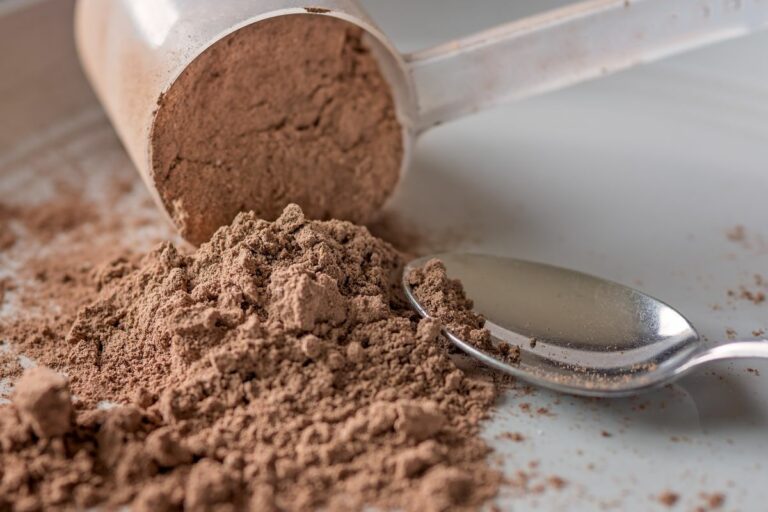Fueling the Fire: Unleash Your Endurance with Protein Power!
Protein power can significantly enhance endurance by aiding muscle repair, promoting recovery, and supporting sustained energy levels.
Key Takeaway
- Muscle Repair and Recovery: Protein helps repair muscle fibers, reducing soreness and speeding up recovery.
- Preserving Lean Mass: Adequate protein intake prevents muscle loss, crucial for maintaining endurance performance.
- Sustained Energy: Protein helps regulate energy levels, supporting sustained performance during long endurance activities.
- Metabolism and Immunity: Protein plays a role in metabolic regulation and supports the immune system, essential for overall health during intense training.

The Importance Of Protein
For an endurance athlete, protein should seem more important than most nutrients. However, that does depend on the type of workout.
For most versions of high-volume endurance workouts, muscle mass will not be produced. Then there is strength training which should require protein for muscle tissue.
There is also the amount of calories that you consume which has an effect too. The sheer number of calories will impact weight gain.
To avoid unwanted weight gain, you should be burning more calories than you are consuming.
As protein may boost an individual’s metabolism, keep away hunger pangs, and be slow to digest it can help avoid weight gain.
How Protein Will Benefit An Endurance Athlete’s Performance
Carbohydrates are important to fuel any athletic performance but protein cannot be underestimated.
Especially for an endurance athlete as it looks out for an individual’s muscles. Not only that but protein also helps play a role in the body’s energy supply.
After around 90 minutes of a workout for a well-trained endurance athlete, their body will require more energy.
That’s because the glycogen stores in their muscles will have pretty much depleted. This is when muscle tissue begins looking for other sources of fuel.
A process known as gluconeogenesis begins which is where glucose is synthesized from the amino acids and fat of lean muscle tissue.
If your muscles feel sore and stiff after an intense, enduring workout, that should work as an indicator.
Not simply that you have done a worthwhile workout but that gluconeogenesis has occurred.
To prevent this version of muscle cannibalization, endurance athletes should add protein to their diet.
This should help the muscles to build up in mass and help your amino acids too.
Protein becomes really important for an endurance athlete’s performance at a later stage in the workout.
Those moments when you should feel tired and lethargic, specifically when your body needs fuel from your muscles.
Put simply, the longer your workout is, the more muscle tissue you will lose.
Without protein, problems can be caused by an endurance athlete’s performance. That includes fatigue and tiredness caused by ammonia.
Your post-workout recovery may be harmed too as too much lean muscle mass may be damaged.
The smartest endurance athletes will look to combine complex carbohydrates with protein to offset the muscle cannibalization process.
How Much Protein Should An Endurance Athlete Consume?
You do not need a huge amount of protein to fuel a workout so resist eating whole steaks as fuel.
Only a small amount of protein is needed, specifically for exercise workouts that go beyond the two-hour mark.
Some studies have shown that exercise burns up to around 15% of calories in the form of protein.
This is specifically done by extracting certain amino acids from an individual’s muscle tissue.
That may only mean a few grams as opposed to the amount of carbohydrates you may consume instead.
Without that protein in the fuel mix, significant amounts of lean muscle mass may be lost to gluconeogenesis.
That’s simply down to what the body demands as fuel and to keep that biochemical balance.
Once your exercise goes beyond that two or three-hour mark, your body will require those grams of protein.

The Impact Of Protein Deficiency
Without enough protein, endurance athletes can really struggle to hit their performance levels. Carbohydrates may be prioritized yet that can come at the expense of protein.
For those serious endurance athletes, a huge amount of protein is not necessary. However, without protein, they may struggle to repair, grow, and maintain lean muscle mass.
Protein is also required for an individual’s immune system so without it that could invite lethargy or worse.
Without enough dietary protein, an endurance athlete’s recovery time could be longer and their muscles may feel weak.
With a constant lack of protein, endurance athletes may not feel the beneficial effects of their workouts.
The deficiency may leave them open to anemia, fatigue, and more serious disorders.
The Types Of Protein To Include
For an endurance athlete, there are certain types of protein that should be prioritized.
Some of these types of proteins are great for muscle recovery while others are ideal for the immune system. For instance, whey protein is ideal for a better immune system and for workout recovery.
However, soy protein is best suited for the body’s need for nutrients before and during endurance training.
Specific Benefits Of Soy Protein To Endurance Athletes
As detailed earlier, soy protein is ideal for an endurance athlete. That’s largely because it has reduced potential to cause muscle fatigue so is ideal fuel before and after training.
The amino acid profile is also worth bearing in mind.
Soy protein has many branched-chain amino acids which will be converted for energy by your body.
With glutamic acid, these amino acids look to replenish glutamine stores. This is all without the risk of ammonia being produced.
What should also be remembered is that soy protein includes high amounts of histidine and alanine.
That’s part of the beta-alanyl l-histidine dipeptide, commonly known as carnosine which acts as an antioxidant. Soy protein also has a large amount of aspartic acid which can produce energy too.
Finally, phenylalanine is included which can help an individual’s level of alertness which can help during ultra races.
Final Thoughts
You could also combine both soy and whey protein to find a balance that works. Try mixing up the ratios to find the right mix.
If you are looking for a boost to your immune system and muscle recovery then look for whey protein isolate.
Explore Also:
Creativehouseblog
Dietsheriff
Gigasecurehome
For specific benefits to an endurance workout, look out for soy and include it in a bigger ratio if you do combine the two proteins.
Frequently Asked Questions
What Are The Specific Benefits Of Whey Protein?
Whey protein is ideal for enhancing muscle recovery so you may want to consume it after an endurance workout.
It is also a protein that is readily taken in by the body so you can expect to feel it soon enough. The amino acid profile also includes isoleucine, leucine, and valine.
Each of those amino acids is essential for muscle tissue repair while cysteine and methionine can also help produce glutathione as an antioxidant.
Compared To Soy Protein, Which Amino Acids Does Whey Protein Contain More Of?
Whey protein contains almost double the amount of leucine in every gram. There will also be more isoleucine, valine, methionine, and cysteine.
Other Articles To Read
What Is Whey Protein: The Benefits And Dangers – What is whey protein? What are the benefits and dangers of using whey? What are the types of whey? Which is best for me….
10 Best Iconic Protein Shakes To Keep Fit – If you have wondered which iconic protein shakes are best suited to keeping you fit. You need to read this article! Cover exactly that and more.
6 Best Dairy-Free Protein Shakes To Keep You Fit – Are you looking for some dairy-free protein shakes that can help you to keep fit? We’ve got everything you need with this comprehensive list of the best!






